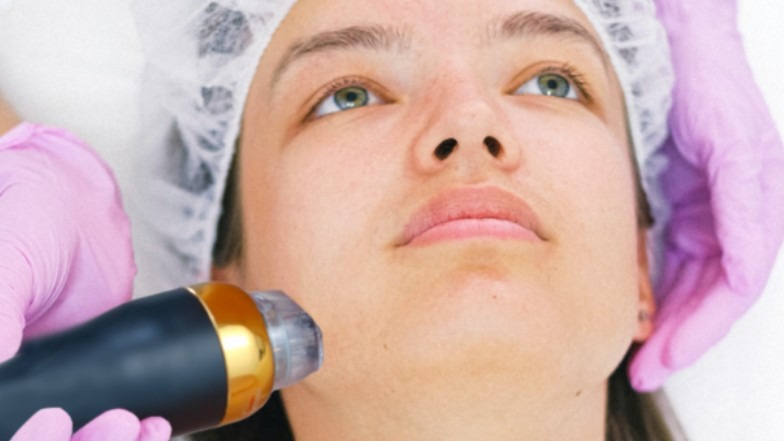A rise in interest in medical aesthetic services amongst a younger demographic
Social media is bringing awareness to preventative filler, causing a rise in interest in medical aesthetic services amongst a younger demographic.


Social media is bringing awareness to preventative filler, causing a rise in interest in medical aesthetic services amongst a younger demographic. As social media spreads and platforms grow, expectations rise for users in the younger age group. In the past few years, the percentage of women aged 18-34 has increased to 26% of patients interested in medical aesthetics. However, experts predict a strong growth in this number in the coming years as popularity rises in the topic and younger clients begin viewing this as a youth-prolonging procedure.
What are the Stats for Youth in Aesthetic Services?
According to the American Society of Plastic Surgeons, in the 20-29 age group, dermal fillers have seen a 32% increase since 2010. Why would this be the case? Fillers can aid in anti-aging or youth-prolonging reasons as they are used to plump or fill the face. Examples of dermal filler procedures include lip filler, reducing prominent wrinkles, and more. Studies have shown that filler and botox have caused a significant increase in confidence in patients in their twenties. These emotions result from a reaction to “toxic” beauty standards floating around the internet, which targets younger audience members.
With a recent acceleration in pre-mature aging comes an acceleration in aesthetic procedures. In recent years, Americans have had an increased obsession with being tan. Tanning releases endorphins caused by the body’s exposure to UV Rays. People associate tanning with health and attractiveness, so naturally, women in their twenties feel the need to fit into this standard. However, exposure to harsh light is a top cause of premature aging. This is caused by photoaging and results in 90% of visible damage caused to the skin.
Aesthetic professionals believe this craze began with the likes of face-tune and editing apps popularized with the introduction of Facebook. Patients in their twenties are more susceptible to social media trends based on unrealistic beauty standards. Celebrities are becoming more candid with their beauty treatments, encouraging their younger followers to follow. An example of this concept can be seen in The Weeknd’s most recent album. In one moment, he had bandages on his face, which were later removed to reveal a more sculpted face shape.
AquaFacial by Timeless Evolution
The Change in Generations
Patients are more educated than ever, resulting in shifts in the medical aesthetics industry. Because of the “story time” aspect of social media centered around aesthetic procedures, younger patients are coming into medical aesthetic offices and telling doctors precisely what they want. Previously, patients would enter consultations asking doctors what their professional advice would be on the procedure they should have done. These services are now more accessible and have a much shorter recovery time causing instant results for a generation requiring immediate satisfaction.
Unfortunately, younger clients are looking for procedures that fit their wallet size. As a result, aesthetic technicians are gaining unreliable certifications from online courses and targeting these small-budgeted youth patients. Governments are now intending to introduce a licensing regime requiring treatments, including non-surgical treatments, to prevent potential damage caused to this client base.
It’s Not Just Because of Social Media
While it is a significant factor, social media cannot be the sole cause of this aesthetic treatment craze. The COVID-19 pandemic brought considerable change to the aesthetic industry as well. The pandemic turned people inward and promoted a care and wellness uproar. Millennials were the driving force behind this aesthetic revolution as they sought a way to remain relevant. The image behind aesthetic services has recently been seen as an addition to the everyday skincare routine, making it more normalized, idolized, and popularized in society.
Overall, the rise of social media and recent events of the COVID-19 pandemic has led the aesthetic treatment industry to increase in popularity among youth consumers. Patients are becoming younger and aesthetic procedures are becoming normalized in society. Whether this is due to the likening effects of anti-aging or the constantly changing beauty standards around the globe, patients are taking advantage of these treatments to build self-confidence. So whether one believes it or not, social media significantly impacts societal decisions and people's views on themselves or others. In the next few years, being an aesthetic-treatment virgin will be rare compared to what it once was.

